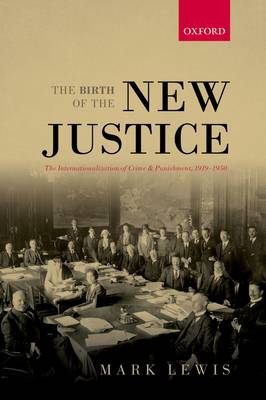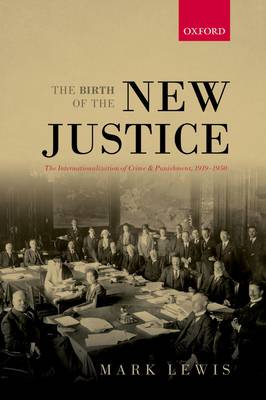
- Afhalen na 1 uur in een winkel met voorraad
- Gratis thuislevering in België vanaf € 30
- Ruim aanbod met 7 miljoen producten
- Afhalen na 1 uur in een winkel met voorraad
- Gratis thuislevering in België vanaf € 30
- Ruim aanbod met 7 miljoen producten
Zoeken
The Birth of the New Justice
The Internationalization of Crime and Punishment, 1919-1950
Mark (Associate Professor of History, Associate Professor of His
€ 66,45
+ 132 punten
Omschrijving
A history of the attempts to introduce international criminal courts and new international criminal laws after World War I to repress aggressive war, war crimes, terrorism, and genocide.
Specificaties
Betrokkenen
- Auteur(s):
- Uitgeverij:
Inhoud
- Aantal bladzijden:
- 360
- Reeks:
Eigenschappen
- Productcode (EAN):
- 9780198783251
- Verschijningsdatum:
- 11/08/2016
- Uitvoering:
- Paperback
- Afmetingen:
- 232 mm x 157 mm
- Gewicht:
- 542 g

Alleen bij Standaard Boekhandel
+ 132 punten op je klantenkaart van Standaard Boekhandel
Beoordelingen
We publiceren alleen reviews die voldoen aan de voorwaarden voor reviews. Bekijk onze voorwaarden voor reviews.







